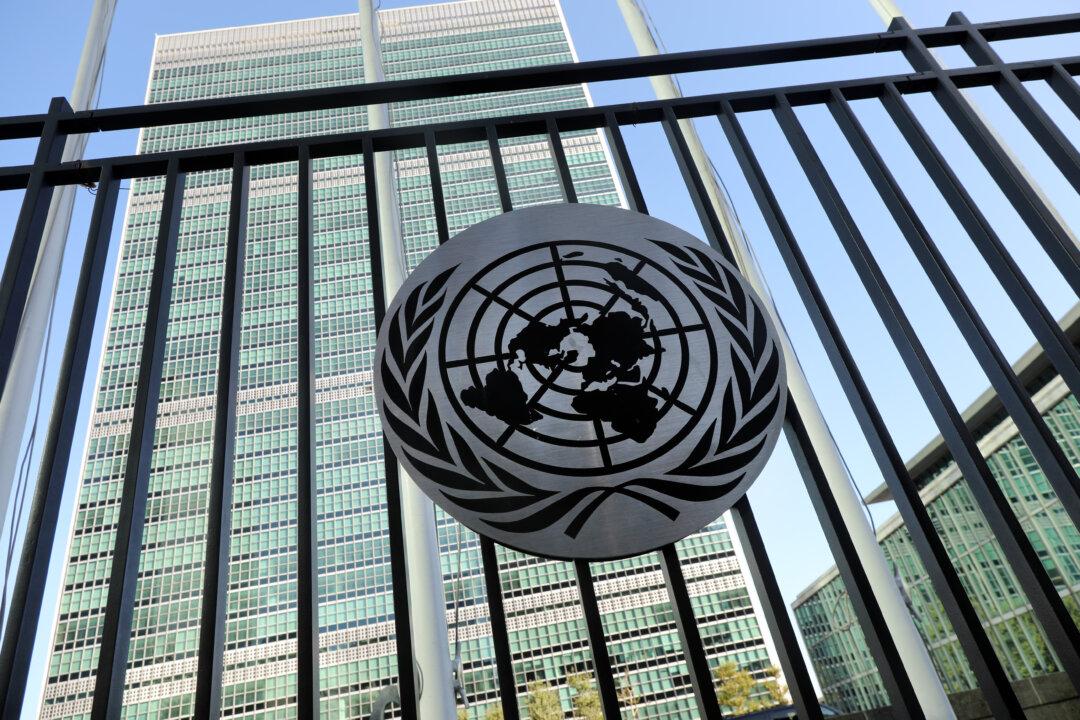Queensland LNP Premier David Crisafulli has pushed back on U.N. concerns about the state’s move to strengthen criminal laws against youth offending.
On May 21, the second tranche of “Adult Crime, Adult Time” laws passed the Australian state parliament, expanding the penalties on 20 offences including attempted murder, rape, arson, aggravated attempted robbery, and kidnapping.





